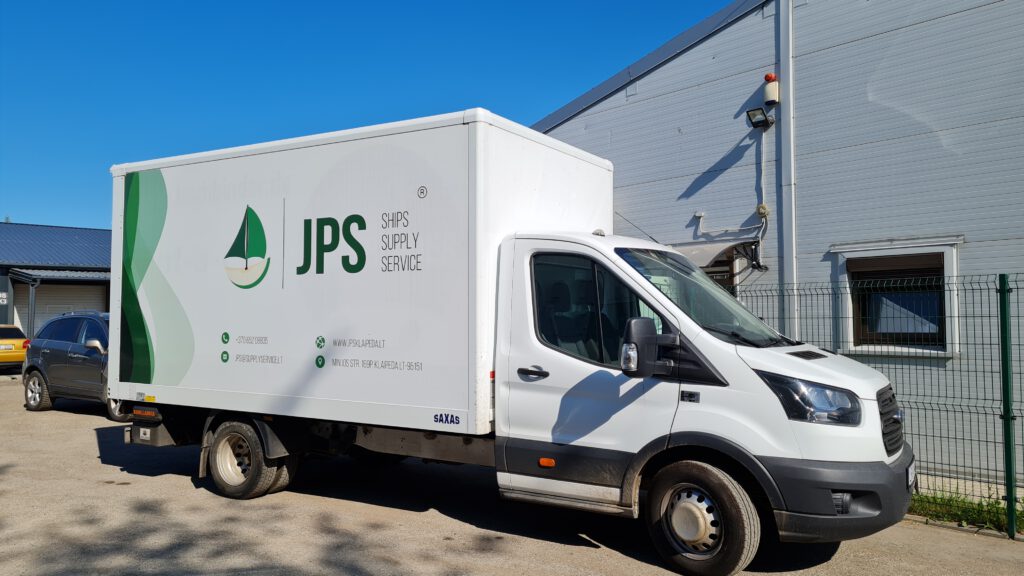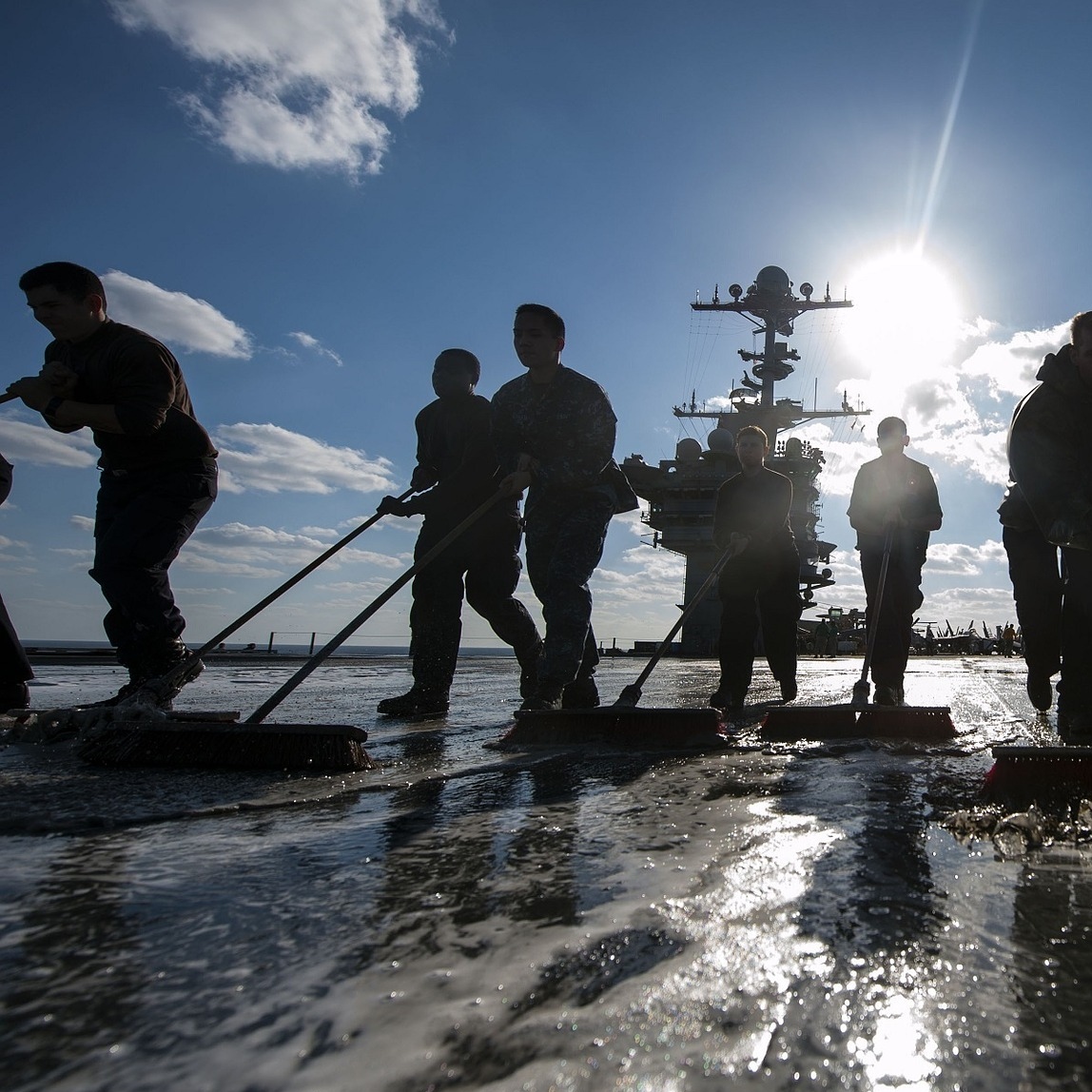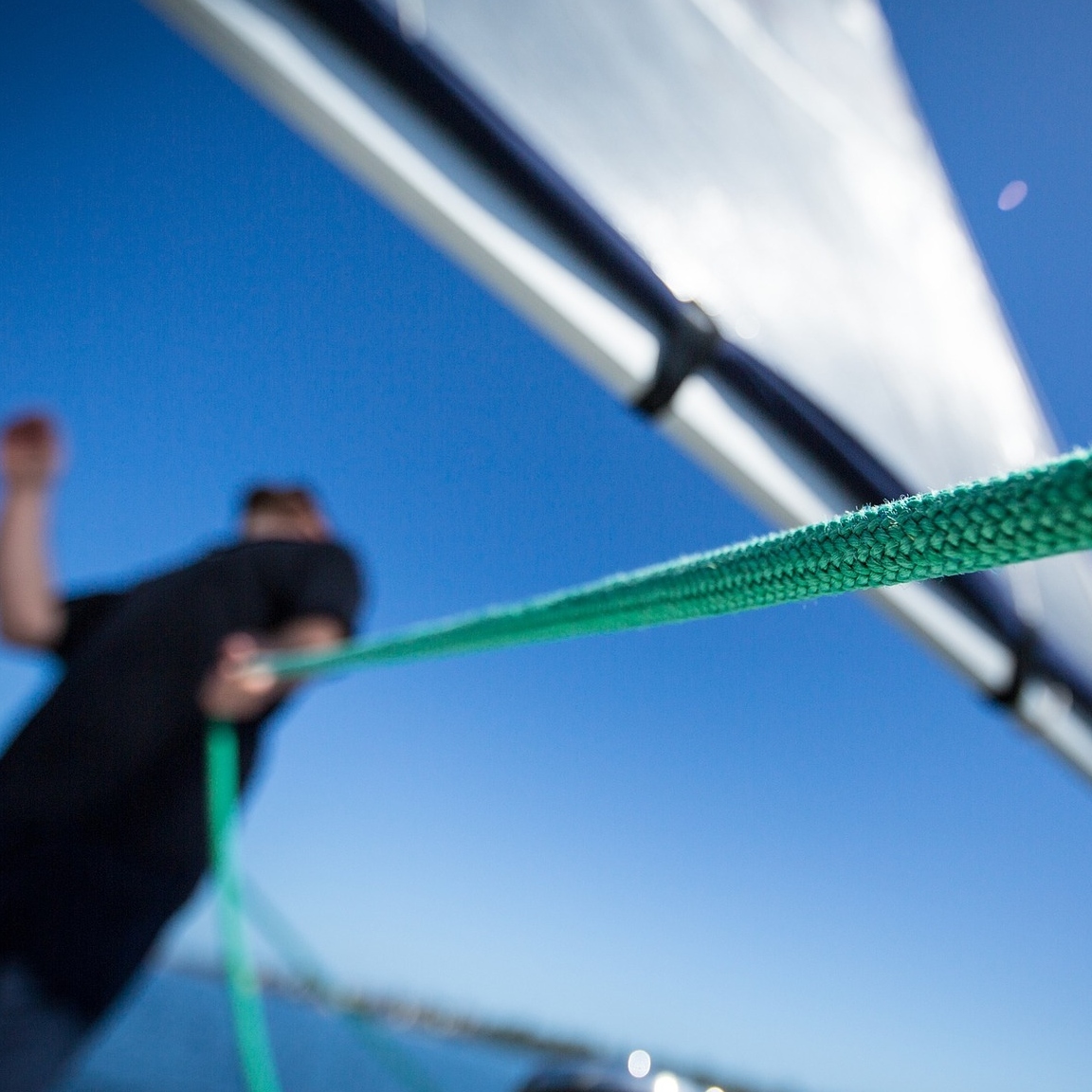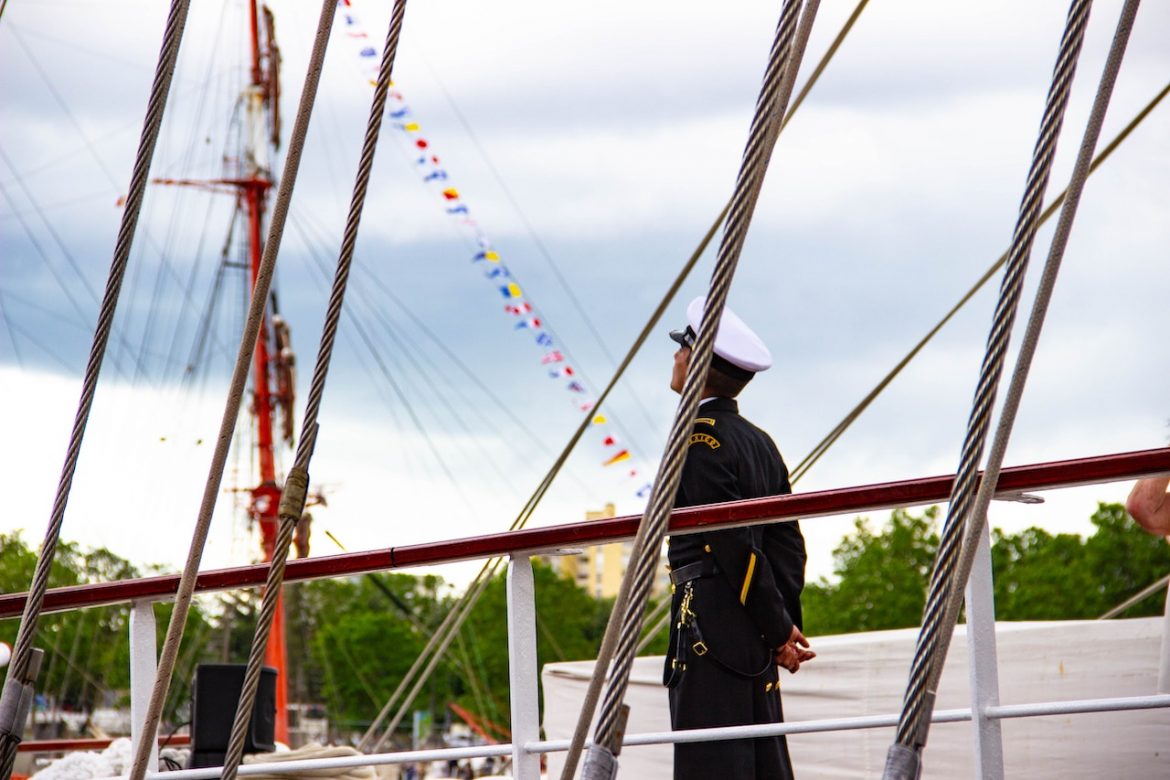News
We are happy to announce that we replenished our car collection with a brand new Ford Connect. We are enhancing our wheels to deliver the best and leading service in the Baltic Region. It is a noteworthy sign that our company’s service is growing and expanding! We invite you, as well, to trust your crew’s needs to us!


- Published in Uncategorized
Hygiene is an important factor when working at sea
A seafarer’s job is rather difficult and stressful, requiring both physical stamina and good psychological fitness. In order to improve the living and working conditions of seafarers on board, hygiene norms are defined, and it is essential to strictly follow them to prevent quarantine from happening and to reduce the risk of poisoning.
The most serious challenge is infectious diseases
Various infectious diseases brought into our country as a result of travelling is quite a big problem indeed; it is dangerous for both seafarers and other people. Medical professionals are on duty 24/7 for prophylaxis of infectious diseases with regard to the prevention of quarantine at sea ports. They get the information concerning the countries seafarers have previously visited, find out if there are any infected people on board, and if any, they do a thorough medical check-up.
In order to avoid infectious diseases, it is recommended to follow the basic rules of hygiene which are to be applied not only for work on board a ship:
- ensure maximum cleanliness of the body – wash it every day;
- wash hands after completion of work, each use of toilet, before eating;
- change dirty clothing;
- wear protective face masks, whenever necessary;
- ensure maximum personal hygiene upon returning to a ship from the land.
Possibility of food poisoning
Food poisoning after eating or drinking frequently becomes a daily issue for seafarers. Food poisoning is commonly caused by the lack of personal hygiene, eating off of dirty dishes, and, of course, eating unwashed, rotten food products and those that are stored or cooked at improper temperatures.
In order to avoid regular food poisoning cases, it is essential to check products carefully:
- each time before preparing food, make sure that the products are fit to be consumed, i.e. check the shelf life expiration date, assess the condition of a food product;
- store the products properly under their classification;
- wash fruit and vegetables with boiled water;
- wash meat;
- use clean dishes for eating;
- wash hands before each meal.
Better psychological health
It is necessary to follow hygiene rules on board a ship not only because it can cause illnesses: it is stated that a physically healthy person has high self-esteem, is sociable and finds it easier to motivate oneself to work. We have already discussed peculiarities regarding physical health (link to the blog); however, once again we are trying to draw the attention to its importance in everyday life of each and every seafarer.
Environmental hygiene
Tidy and clean environment is as important as personal hygiene. Violations of hygiene rules are often present when inspecting outpatient clinics, laundry rooms, and sauna facilities. A ship is a workplace and also temporary home for a seafarer, therefore making it clean by washing, cleaning or disinfecting the premises is the key.
JPS company provides ship crews with quality food products and also offers SSEC certification services with regard to hygiene and water tests. Let’s keep in contact.
- Published in blog
What are the most common problems with customs clearance?
Customs clearance of goods transported by sea often becomes a challenge: incorrect classification or packaging of goods puts the consignment at risk of not reaching the recipient, and the complexity of the documentation to be completed requires accuracy and a fair amount of time. Below are some of the most common customs-related problems and the tips for dealing with them effectively.
- Inaccurate Duties: Taxes on imported and exported goods shipped by sea is among the most misleading issues. These taxes depend on the country, as well as on the weight, category and value of goods. Pay attention to paperwork to avoid tax issues. Adequately prepare commercial documents: contracts and invoices. In the absence of commercial documents, the certificate of transportation costs provided by the declarant will be assessed. The customs often performs checks to ensure that a declaration is not fictitious, so better act honestly.
- Incorrect Cargo Classification: Pay attention to the classification of the cargo. Many problems arise from an inaccurate description. This is especially relevant for shippers of goods, foods, and technical devices. Formalities can cause you considerable losses. Goods are classified according to size, dimensions, state of aggregation, specific features, degree of hazard and cargo handling technique. The more accurate you provide this information, the shorter time your customs procedures will take.
- Consignee-related Problems: Not only the consignor is responsible for the customs clearance of the consignment, as there are cases where the consignor pays all the necessary duties and duly completes all forms but the consignee refuses to accept the customs formalities, duties or licensing procedures. In this case, the receipt of the cargo is not shipper’s responsibility. To avoid any disagreement, inform the customer of any potential charges that may apply to the consignment and send him / her the documents that will be required to collect the consignment.
- Shipping of Dangerous Goods: Such goods receive an increased attention. It happens that the customs authorities determine that a cargo is hazardous to health or poses a danger to safety in general, which results in returning or re-routing the cargo. We recommend that you familiarise yourself with the Law on the Transport of Dangerous Goods before shipping this type of cargo. The carriage of all dangerous goods is governed by the International Maritime Dangerous Goods Code, the European Agreement concerning the International Carriage of Dangerous Goods by Road, the IMO International Code for the Construction and Equipment of Ships Carrying Dangerous Bulk Chemicals, the International Convention for the Prevention of Pollution from Ships dated 1973 and the protocol of 1978 relating to this Convention. Compliance with these requirements is obligatory for all ports and ships.
- Subtleties of Packaging: Customs of some ports have strict rules regarding packaging of cargoes or consignments. If the packaging material is unsuitable, the cargo may not reach the final consignee. Avoid problems by ensuring proper packaging of your cargoes. The packaging must meet applicable freight shipping standards for the particular cargo and must be robust and withstand the entire transportation process.
Encountering problems with cargo clearance? JPS provides customs clearance services for dispatch and receipt of consignments.
- Published in blog
How to Plan Food Stocks for those Working at Sea?
Everyone working at sea understands the importance of a balanced diet, which contributes to a sound physical and mental health condition. As it is necessary to plan food and drink stocks for a month or more ahead, making smart choices is crucial: account must be taken of the shelf life of the products, whether they can be frozen, whether any dishes can be cooked from the available products and whether the ordered quantity of food products will be sufficient for the whole crew.
Before Ordering Food Stocks
Before ordering the food stocks, answer the following questions:
- How long will the journey last?
- How many persons are going to be on board? Remember that, according to recommendations, one adult should consume about 3000 kcal a day.
- Is anyone allergic to a certain product group?
- Are any members of the crew vegetarian/vegan?
- How many people are going to be responsible for cooking: one or more?
- Find out your colleagues’ favourite foods and draw up a list of TOP 10 products – order larger quantities of these products.
Upon analysing the information obtained after answering the questions hereinabove, proceed to making a list of food stocks.
Food Stocks
Plan the quantities of food stocks to be ordered upon assessment of the number and capacity of the refrigerators/freezers available to you. If you have enough space in the freezer, you can prepare more products, freeze diary products, meat and fish. It is recommended not to freeze meat with bone, as it requires much space. Don’t forget to supply sufficient quantity of canned foods, as they save both time and space. Order canned stews or soups that can be heated and eaten straight from the can.
First, start consuming the products with the shortest shelf life or the ones taking up a lot of space, i.e. fresh meat products, perishable vegetables and groceries.
Food Pyramid (Nutrition)
Keep in mind the nutrition pyramid when planning food stocks: it is very important to consume sufficient quantity of nutrients, as diet has a direct impact on health, physical and mental wellbeing. If your journey by sea will be a long one, choose non-perishable vegetables, such as cabbages, carrots, root vegetables, pumpkins, apples, etc. They should be stored in net bags.
Snacks
Remember to order snacks, as most of them have a long shelf life. Of course, it is not recommended to abuse in nutrient low snacks. They interfere with the functioning of the digestive system and cause heaviness and sluggishness. Don’t forget water, coffee and tea stocks, as these products have a long shelf life. All you need to do is to find out the needs of your colleagues and to order appropriate quantities of the said products.
Follow one simple rule while at sea: eat what you would normally eat at home. Try to refrain from emotional eating, limit the quantity of products of low nutritional value and you will soon notice improvement in your health condition.
Need a reliable supplier of food products for your crew? Contact us – JPS offers a wide range of food products.
- Published in blog
Psychological Stress at Sea – How to Manage It?
It is not uncommon that crews spending long months at sea experience anxiety attacks, fatigue, health problems, altered psychological state, and their social skills diminish. The main causes of the stress are lack of motivation, repetitive work, working with people of different nationalities, taking on too much responsibility at work, changes in work, and rare communication with family members.
It is important for the seafarers to take stress-relieving actions on the day-to-day basis, and the shipmaster’s task is to encourage the seafarers and set an example. Here are some tips to help you feel better and effectively deal with stress at sea.
TIPS FOR SEAFARERS
Stop competing with your colleagues. When at sea, the closest person is your colleague, so it is perfectly normal to have conversations on different topics. Discussing salaries, promotions, or a supposedly greater success of colleagues makes you involved in a constant competition. Although pursuing a career is a valued trait, it shouldn’t become a fixed idea. Competition damages mutual relationship and causes annoyance, jealousy and irritability.
Do not postpone work. Postponing increases stress, therefore, any tasks, even those for which you seem to still have plenty of time, should be performed right away. Monthly reports, major inspection, or other tasks with the set deadlines are often left for the last day. Completing work will make you feel calm, more motivated to undertake upcoming tasks, and proud of yourself.
Don’t let yourself be affected by negative emotions. When working at sea in a team of seafarers, you are likely to be surrounded by people in both positive and negative moods. It surely might happen that the bad mood of a colleague will greatly influence the further course of your day. Develop a positive mind-set, concentrate on work, do not waste energy, and take a break to enable yourself to have some good time. Based on such minor but positive habits, you will learn to ignore your ill-humoured colleagues.
TIPS FOR SHIPMASTER
Train your active listening skills. After all, active listening is among the most important components of professional life. Good listeners are respected and charming people. This is a great skill, enabling you to develop workplace culture, as well as to make and maintain connections. Are you interrupting your fellow seafarers? Do you let them finish their ideas? Are you tolerant at meetings and listen to the thoughts of other colleagues at sea? Sincere, close and friendly communication at sea helps maintain a stable psychological health of the crew and reduces stress.
Curb your ego. When working with a large team, it might be quite difficult to agree to a compromise when it comes to your firm beliefs, as well as to refrain from raising your voice and reminding the others of your standing and that you are in charge. Not only do you lose respect if you act cold and overly powerful, you are also viewed as a negative person who is incapable of accepting change. Remember that tolerance is crucial when at sea.
Encourage activities. Continuously remind your crew members and yourself that, although work is in the first place, you should not forget active physical exercise, reading, or other enjoyable activities that would keep your mind away from work at least for a while. An hour of physical exercise or your favourite music in the background help to relax.
Through the continuous training of your mind and control your feelings, you will help to avoid stress not only for yourself but also for others.
- Published in blog
Problems and dangers of seafarers
People working in the shipping business fall in the top ten in terms of dangers they face. A job on a vessel is considered to be one of the most dangerous jobs in the world. Short-sighted people and the ones with a poor immune system face serious physical and mental difficulties. But what are the global challenges and dangers that seafarers face? What characteristics of captains and crews help to achieve a resolution of a problem?
- Last year, more than 200 pirate hijackings were recorded worldwide. It is a negative experience with a long-term psychological impact on the well-being and health of the seafarers. In most cases pirates hijack ships that are sailing off the Somali coast in the Gulf of Aden, so the best way to ensure security of the vessel is to simply bypass the extremely dangerous stretches. It is not an easy task, as this is the shortest route from Europe to Asia. The captain makes the crucial decision, such as passing the dangerous stretch at maximum speed, reporting the route to special authorities, etc. Crew members must remain alert and vigilant, follow the captain’s orders, remain united as a team and be on shift duty.
- Vibration, noise, electromagnetic waves. Vessel’s electrical appliances, motors, loud engines, sound signals and wind noise have a detrimental effect on the crew’s health. Over time, this results in circulatory disorders, auditory nerve disorders and heart problems. If not treated, these disorders often progresses to serious illnesses. Minor symptoms are aggravated by psychological problems and stress. How to deal with these problems? Proper use of the equipment in accordance with instructions and strict adherence to safety instructions (wearing special clothing, organizing work in advance and not exceeding working hours) can help significantly.
- Mental problems. More than 2,000 crew members lose their lives at sea every year. It should be noted that as many as 15% of deaths are suicides caused by psychological factors. Long months of separation from the family, monotony, lack of quality rest, diminishing social skills, physical changes (temperature differences, seasickness) – ir all affects the lives of the seafarers. Good habits and simple things like regular healthy eating, pleasurable physical activity, limited alcohol consumption, constant communication with the family using modern technologies and a positive attitude can improve one’s mental well-being.
- Storms and hurricanes. Difficult weather conditions are no news for seafarers, and it rarely has any significant consequences. However, weather forecasts should be carefully monitored and, if possible, severe and dangerous weather changes should be avoided. Most hurricanes can be anticipated, in which case the captain decides to follow a recommended route. Storms and the constant rocking affects the crew – they feel stressed, can not get enough rest, their bodies and minds are tense. In the event of an unexpected storm, the crew’s psychological preparation, resilience, available technical and self-defence skills and the ability to follow the captain’s orders play very important roles.
- Water transport. Maritime transport ranks second in terms of danger. Statistics shows that about 2 ships per week are irreparably wrecked or sink, with the largest number of them disappearing in the South China Sea. Common causes of catastrophes include poor visibility, hurricanes, unstable and bulky cargo and poor decision making in stressful situations. Safety is ensured by the attentiveness of crews and captains, proper preparation and wise actions including constant updating of navigational charts, close monitoring of the radar, practice of manoeuvring skills, constant improvement of the captain’s skills and compliance with the maritime rules.
JPS Ships Supply Service is a shipping company that provides all the services you could possibly need. Is there a need for crew replacement, quality food or excise goods delivery, technical support, customs clearance, parcel delivery or shipping? If your answer is yes, then contact us!
- Published in blog









